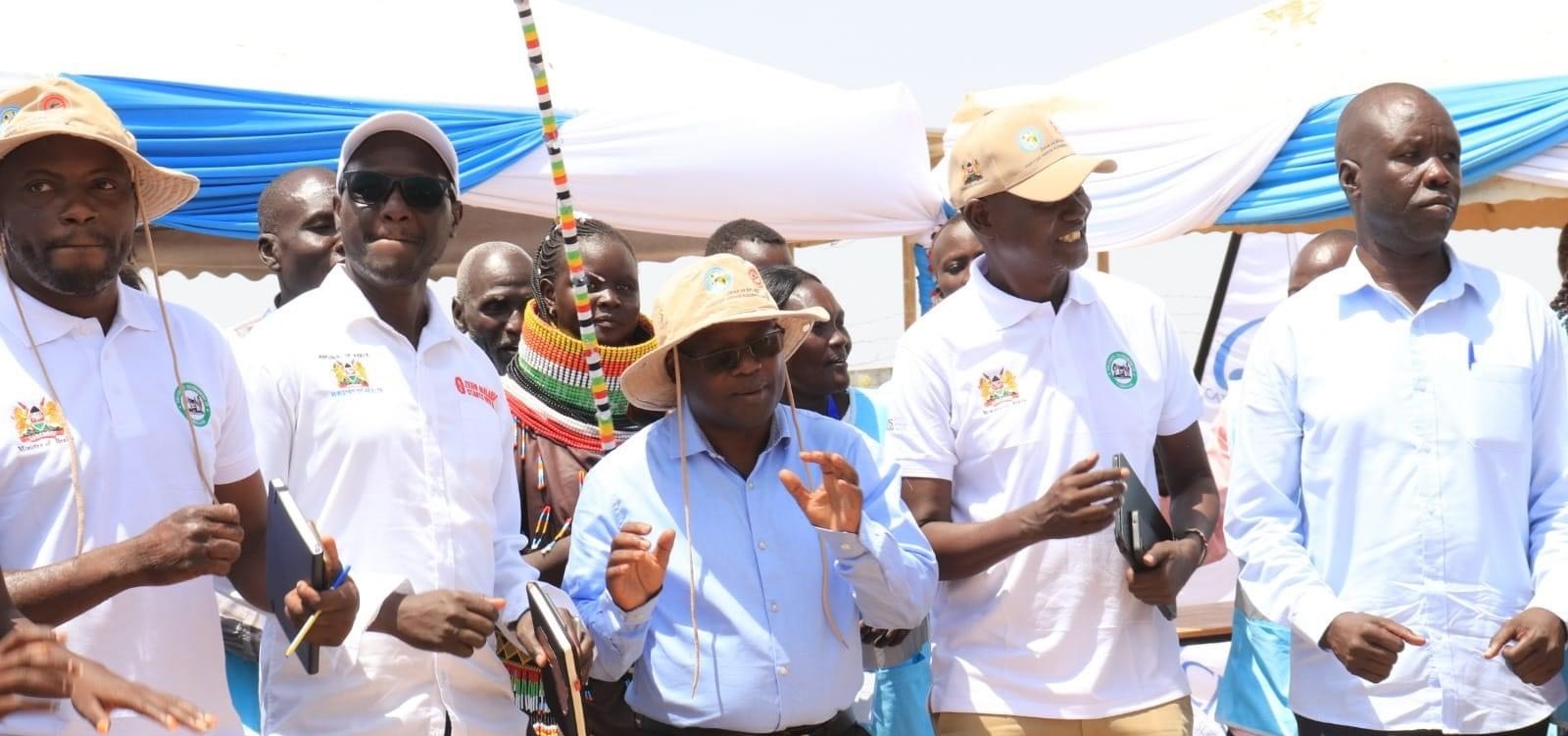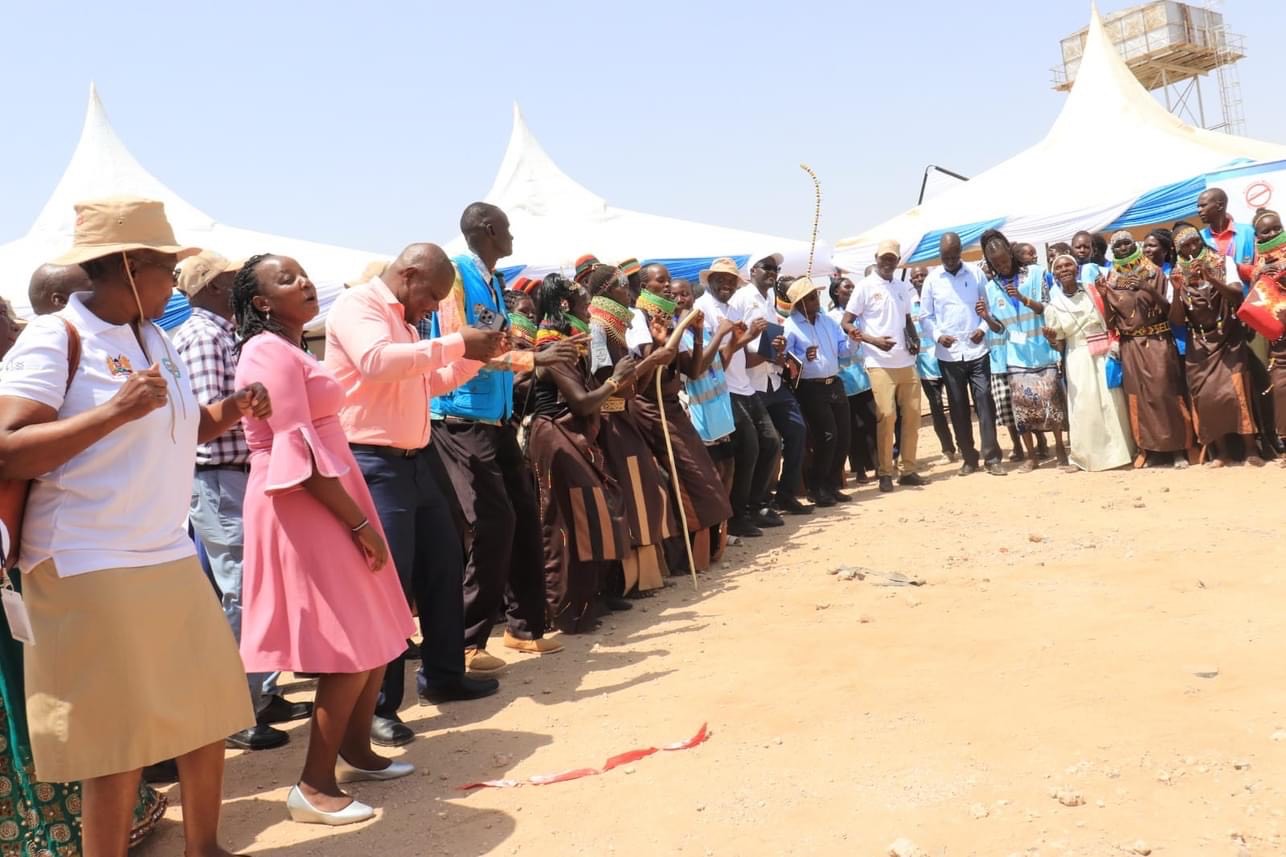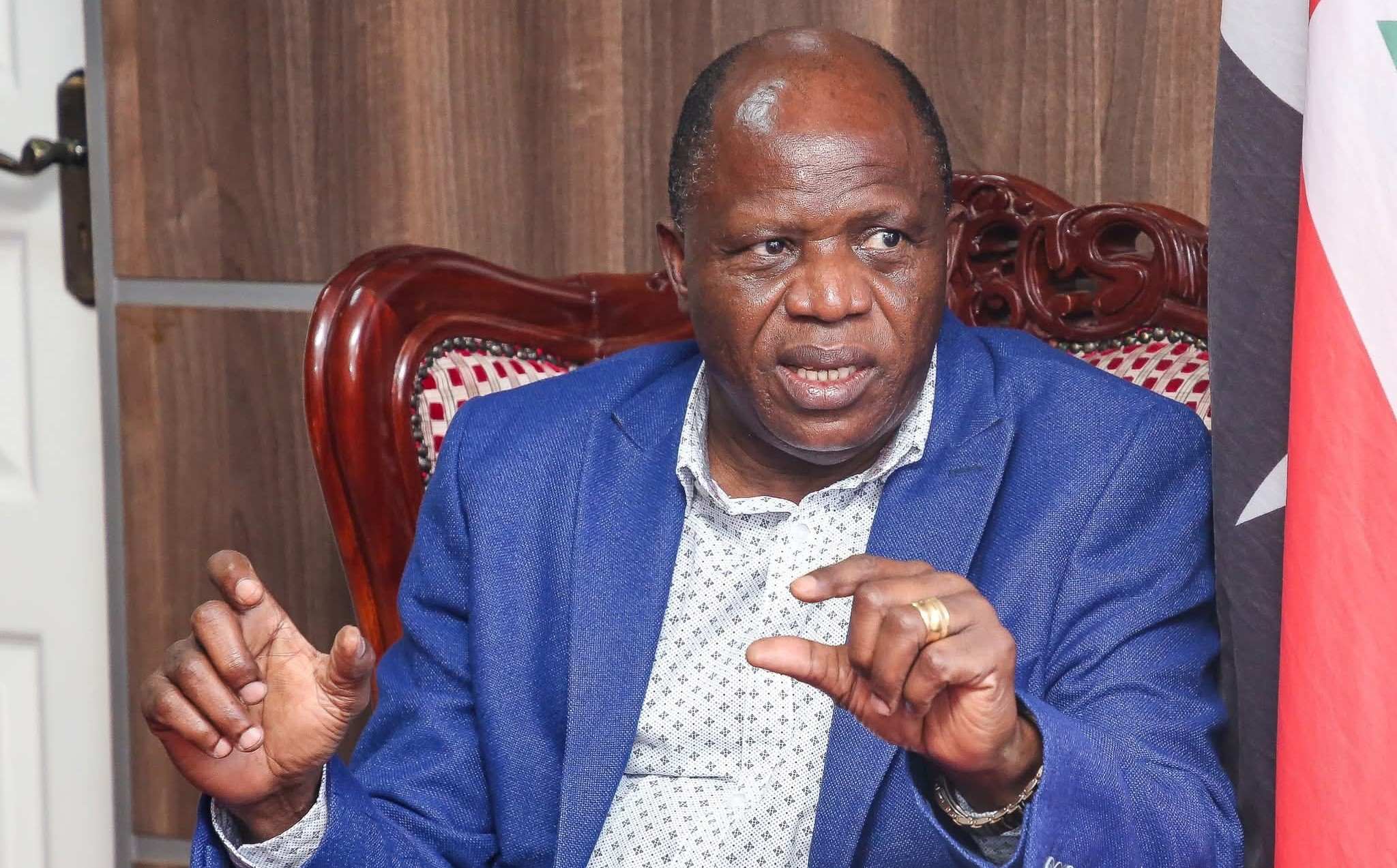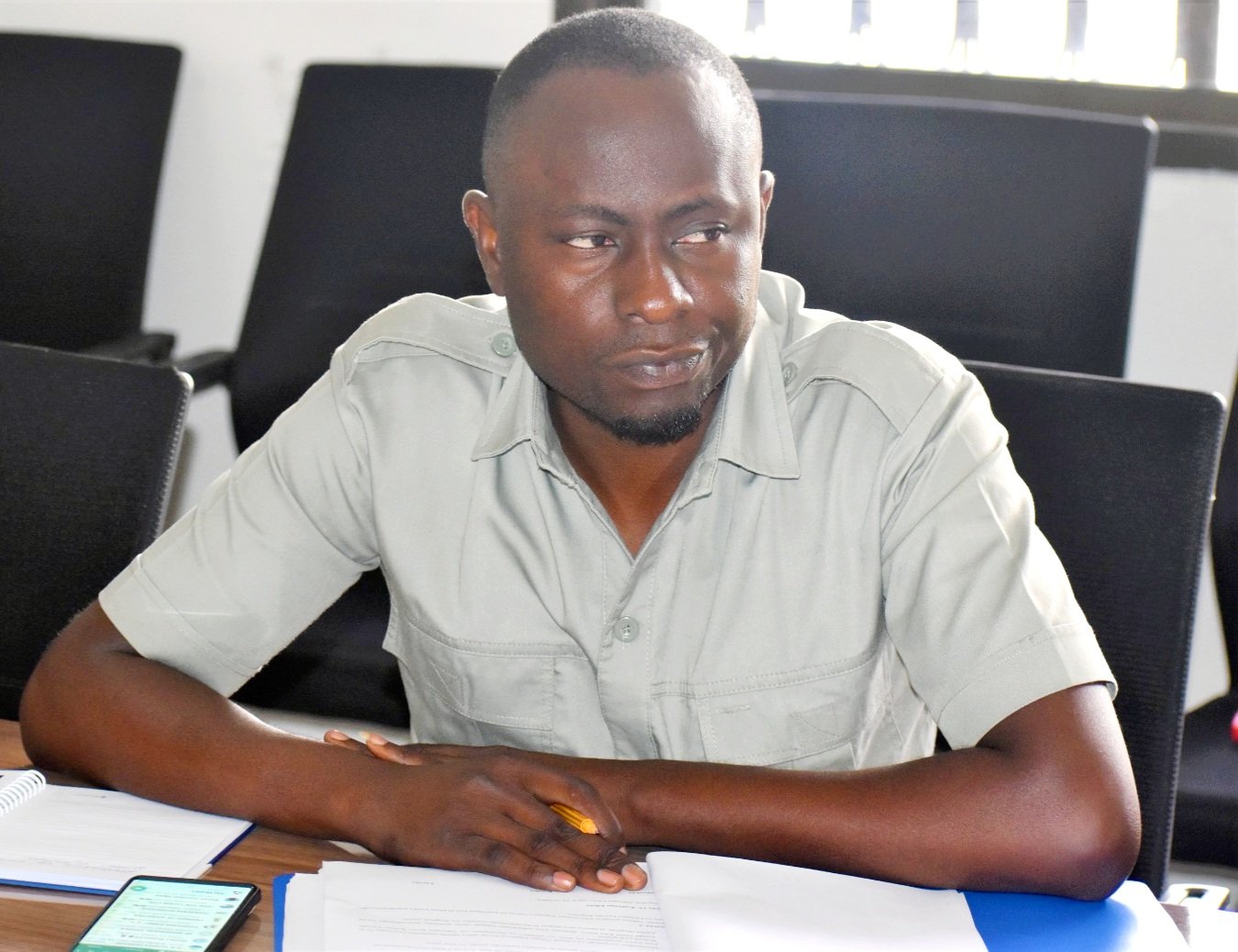Turkana County pilots Kenya's first seasonal malaria chemoprevention tool

The tools were developed based on findings from seasonal malaria research in Turkana's North and Central Sub-Counties conducted by Moi University in conjunction with Duke University in North Carolina, United States.
Turkana County made history on Thursday, June 13, after launching the country's first seasonal malaria chemo-prevention (SMC), aimed at preventing the disease's prevalence among children.
The prevalence of malaria currently in Turkana remains at 39 per cent and the newly launched SMC is expected to reduce it by 75 per cent.
More To Read
- Malaria fight at risk as drug resistance spreads despite new tools saving millions
- Malaria: Drug resistance and underfunding threaten progress towards eliminating killer disease
- Study warns climate shifts could widen malaria risk across Africa
- Review meeting highlights barriers to immunisation, maternal health in Turkana
- Parents lead the fight against malnutrition as Turkana’s ACCEPT project shows big results
- Historic water project launched to end generations of scarcity in Northern Kenya
The tools, include children’s record cards, data summary forms, facility-level data summaries, score sheets, referral forms, job aids, suspected adverse drug reaction reporting forms, stock control cards, and daily movements of children aged 3-59 months.
According to the county, the tools were developed based on findings from seasonal malaria research in Turkana's North and Central Sub-Counties conducted by Moi University in conjunction with Duke University in North Carolina, United States.
After the launch yesterday, the seasonal malaria chemo-prevention programme will be piloted in Turkana Central Sub-county in collaboration with the National Malaria Control Programme and the Catholic Relief Service.
It will then be conducted in five cycles, targeting children aged 3 to 59 months, according to a report by the county communication office.
Turkana Deputy Governor, Dr. John Erus, who launched the piloting project on Thursday, said the county was targeted for being a seasonal malaria zone, with cases increasing drastically during rainy seasons.
Speaking at Kanamkemer Sub-County Hospital, he said the SMC is in line with the county's health agenda, which focuses on malaria prevention.
 Turkana County, on Thursday, June 13, 2024, piloted Kenya's first seasonal malaria chemoprevention tool. (Photo: GPS)
Turkana County, on Thursday, June 13, 2024, piloted Kenya's first seasonal malaria chemoprevention tool. (Photo: GPS)
"We have a high disease burden since we are neighbouring three countries, resulting in new infections and transmissions due to uncontrolled movement at the porous borders," he said.
He encouraged mothers to ensure their children take the drugs as prescribed to prevent malaria.
Dr. Kibor Keitany, the head of the National Malaria Control Programme, reiterated that Turkana County was selected for the piloting project because of the seasonality of its malaria cases, which normally increase between May and September.
He added that the national programme outlined prevention interventions such as SMC and an upcoming mass net distribution this year.
Fred Ireri, representative of the Catholic Relief Service, appreciated the collective efforts and commitment aimed at preventing malaria disease.
Dr. Gichrist Lokoel, the Chief Officer for Medical Services, announced that Duke University and Moi University would, in the end, conduct another study to evaluate the impact of the piloted project.
“Their findings will eventually inform the implementation of similar chemoprevention for malaria in Turkana and the countrywide," he claimed.
The Member of the Assembly for Kanamkemer Ward, James Ikeny, welcomed the initiative aimed at reducing the increased cases of malaria in the county.
Top Stories Today













































